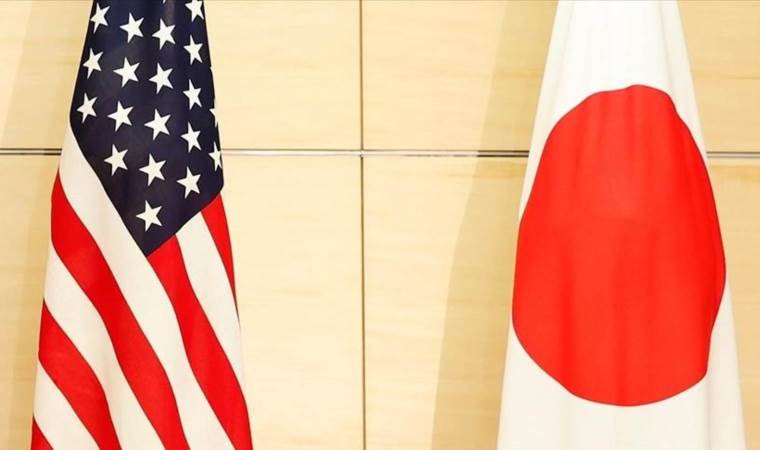US, Japan reaffirm boosting alliance in face of China's 'military assertiveness'
The US and Japanese defense chiefs on Sunday reaffirmed the need to bolster the two countries' alliance amid China's "expanding military assertiveness" and North Korea's nuclear and missile development.

The US and Japanese defense chiefs on Sunday reaffirmed the need to bolster the two countries' alliance amid China's "expanding military assertiveness" and North Korea's nuclear and missile development.
Japanese Defense Minister Gen Nakatani and US Defense Secretary Pete Hegseth discussed upgrading the alliance's command and control frameworks for better coordination between the Japanese defense forces and the US military, while also seeking to expand cooperation in space and other fields, Tokyo-based Kyodo News reported.
Later, addressing a joint news conference, Nakatani said the two sides have agreed to move forward “with a sense of urgency" on initiatives to reinforce the alliance capabilities to deter and respond.
Hegseth, making his first visit to Japan as Pentagon chief, called for a "credible deterrence" in the region, including "across the Taiwan Strait," praising Japan as an "indispensable partner in deterring Communist Chinese military coercion."
The US Defense Department has started phase one of upgrading US Forces Japan to a joint force headquarters, Hegseth said, adding that the move will improve its ability to coordinate operations with a newly launched counterpart body in the Japanese Self-Defense Forces.
US Forces Japan will be reorganized to a "warfighting headquarters" with increased staff and authorities needed to accomplish new missions, he added.
The meeting comes as US President Donald Trump is stepping up pressure on longstanding allies to boost defense spending.
Tokyo decided in 2022 to increase related outlays to 2% of its gross domestic product by fiscal 2027 in a significant shift in its postwar security policy under its war-renouncing Constitution.
Hegseth's first official trip to the Indo-Pacific region began Monday and has included stopovers in the US state of Hawaii, its territory of Guam, and the Philippines, another key US ally in Asia.
